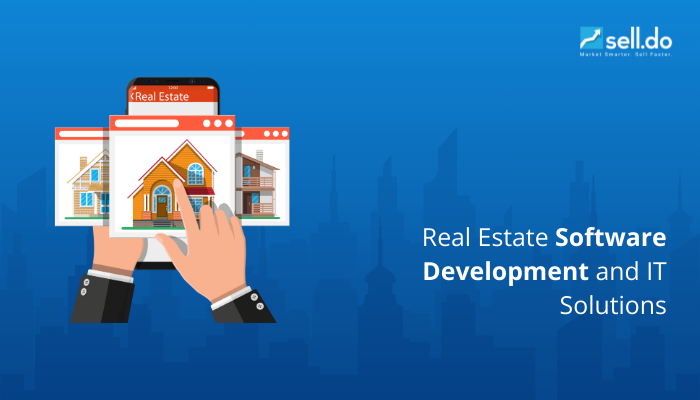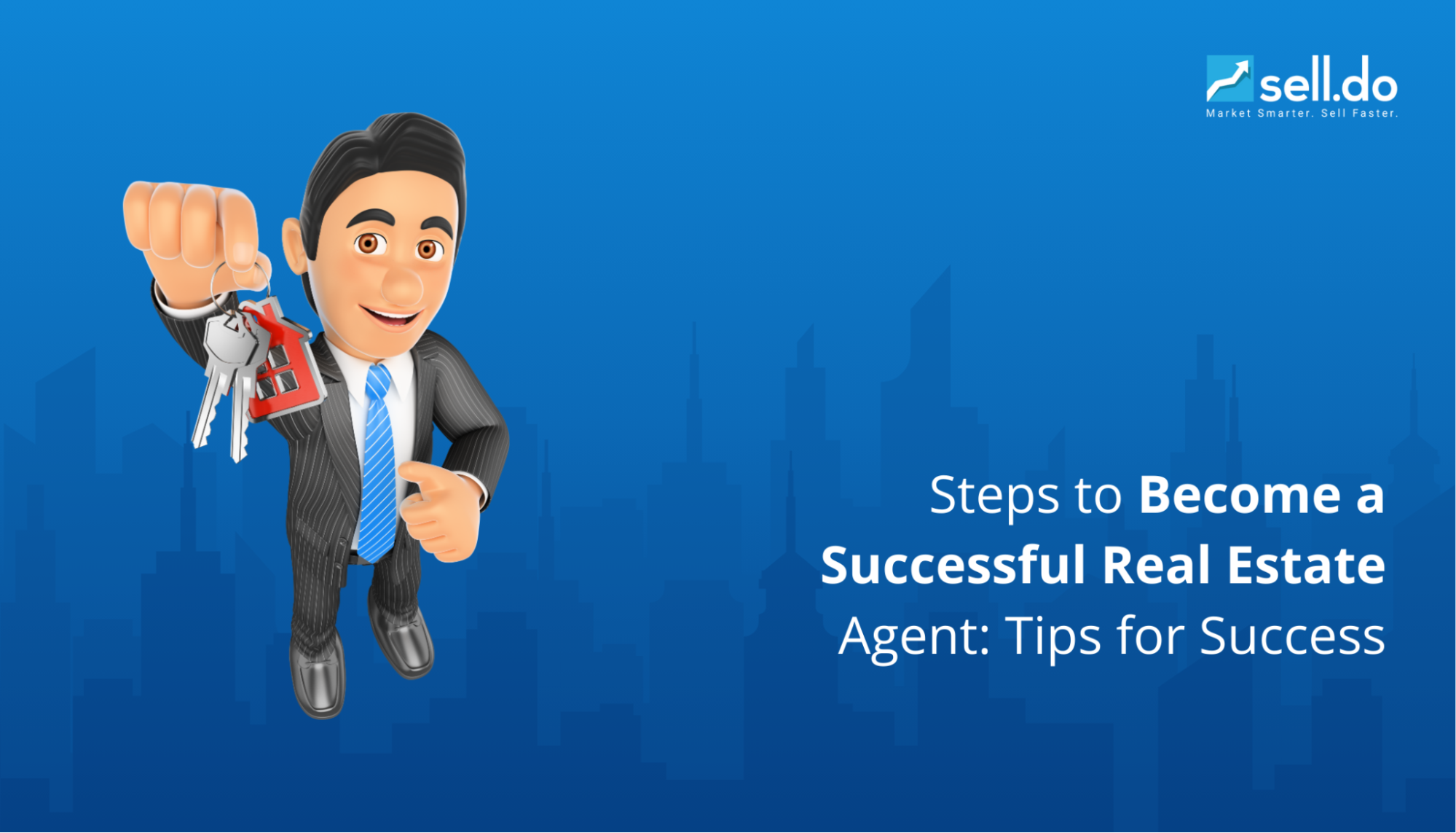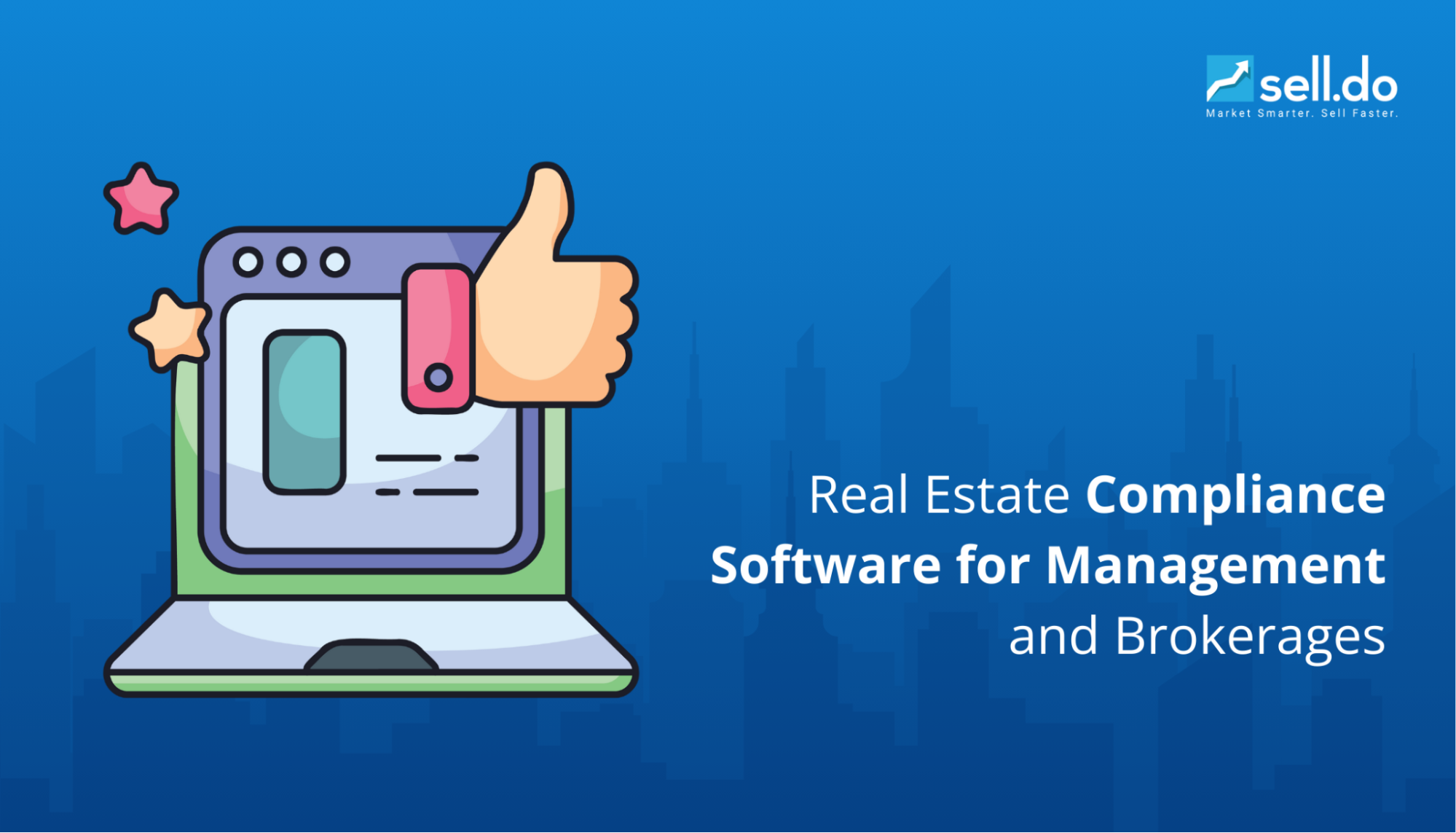In today's Real Estate business climate, customer relationship management (CRM) services are a must. To maintain a competitive advantage, you need to work on several strategies and plans. A Real Estate CRM Software is capable of consolidating all the information and data related to sales, marketing, and customer service into a central database. To be precise, it centralises all business-facing and customer-facing information and operations.
Real Estate CRM systems store the data they receive on servers that are usually cloud-based. It implies that the data could be vulnerable to unauthorised access if not secured or encrypted effectively. Thankfully, technology never sleeps, and many solutions have been developed to make CRM Software systems, especially in the Real Estate sector, more stable than they are now.
What is the job of CRM Software while handling Real Estate data?
The CRM Software employed in this domain holds sensitive and valuable customer information. Such systems are responsible for-
- Defence against phishing and malware attacks
- Authorised users' authentication
- Keeping track of user-sharing policies
- Data encryption
- Monitoring transaction logs
- Data backup and secure data transfer
What are the features of Real Estate CRM Software that help maintain data security?
Some of the most beneficial features that come up with a real estate CRM system to ensure data protection, security and accessibility are-
-
Selective data access to users
![Selective data access to users]()
CRM Software allows you to monitor the accessibility and control of your data, which can be very useful in terms of data protection. The Administrator determines which users have access to which transactions and data sets. Within the user interface, there are several levels of authorisation for pages and data.
A user can only see links to pages that the Administrator has provided them permission to see. Even if users know the exact address of a non-accessible page, they won't be able to access it. -
Authentication
![Authentication]()
Authentication of a user's credentials before allowing them to access data is a key security feature of CRM Software. This mechanism is usually tough to deactivate or circumvent, making it more complicated for attackers to gain entry into the database.
There are numerous ways to enable authentication on CRM Software. The most prominent technique is two-factor authentication, making it imperative for the user to set up different login methods for availing the service. Many people opt for a text message or email-based password and code. With 2FA in action, a hacker would have to locate all sets of information and combine them to get into the database, which is a tedious task as several permutations and combinations need to be solved. -
Auditing of transactions
![Auditing of transactions]()
Several CRM Software packages are capable of auditing any transaction on the system, including account data modification, thus providing an extra layer of protection. Changes to a user's status, a security policy, or a field on an order screen, for example, can be logged and audited. The audit log monitors new transactions, data changes, and even queries related to specific records and fields.
It provides you complete authority over the implementation of restrictions and flexibility on your security policies. -
Confidential and monitored data access
![Confidential and monitored data access]()
Login protocols, password resets, employee access, and physical acquisition of cloud servers are all critical for securing data in the cloud-based CRM Software. You must be responsible for keeping sensitive information safe and confidential as customers share it with the service agents.
You can provide encrypted data lines to connect with customers over phone and email services using CRM Software, and protect the data using firewalls and VPN methods. The restriction of a limited number of login attempts and session timeouts is often used to prevent unauthorised access to customer data through employees' laptops and login credentials.In addition, based on their role and responsibilities in the customer support system, each service agent may have limited access to customer data. Various standards are defined to grant permission to access customer data or outsourcing it to external devices, in addition to role-based access.
-
Data security in offline mode
![Data security in offline mode]()
Mobile CRM software has made it possible for users to access data even when they are offline. But it makes the data prone to substantial breaches and attacks from hackers to gain control over sensitive Real Estate info.
All you need is a CRM that restricts the amount of data that can be accessed offline. You now have protection protocols in place to prevent data from being accessed when offline. It is accomplished with the assistance of strong firewall support and remote protection programs.
Bottomline
Innovations in the domain of data security are desperately needed, especially as CRM systems become an integral part of the Real Estate business operations. They are highly adaptable and well-equipped to face the challenges of today's market environment. Exceptional security and control solutions are critical. Businesses must pay attention to such parameters and look for CRM security systems that include a blend of the security features listed above.
Sell.Do is an excellent integrated CRM tool to maintain high standards of data security in the Real Estate sector. It offers the following features-
- Encryption to protect real estate sensitive data in CRM
- IP Based Session Management
- VAPT Compliance to get complete security from any cyber vulnerabilities
- ISO Security compliance
- Regular data backups
- Audit logs to monitor user activity
- Strong password enforcement
As a Real Estate business, you must keep the encryption up to date and maintain a secure environment to foster a shielded work environment for your employees to prevent discrepancies or security breaches.






Leave a comment
Comments (0)
Be the first one to comment.